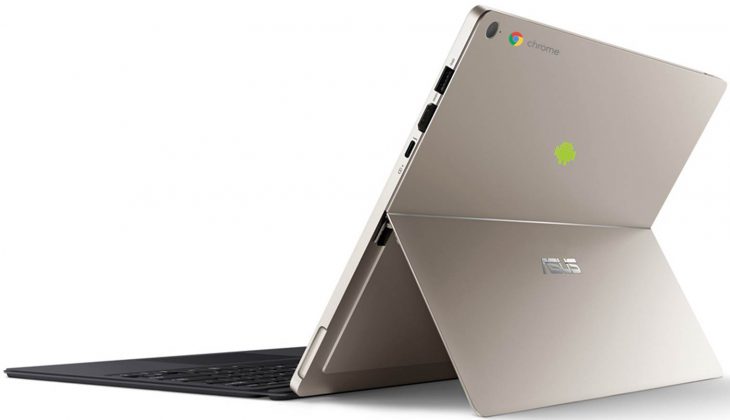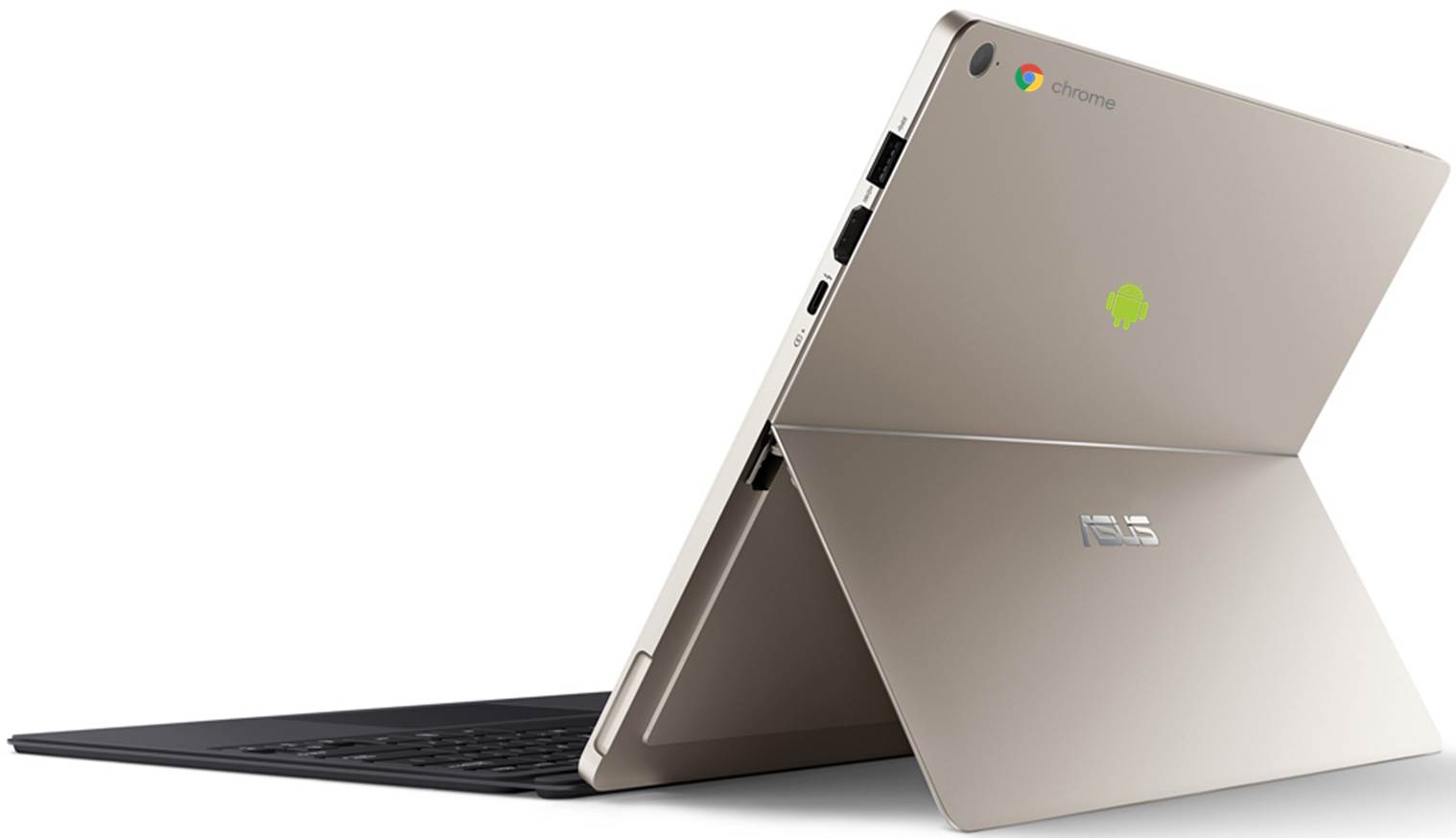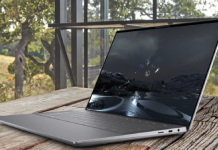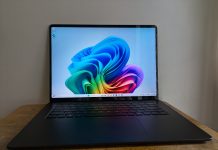
Just last week we were opining for a Chrome 2-in-1 with Android Apps to give us both a great Chrome OS laptop and an Android Tablet experience. This week it looks as if Google has listened, with the company today confirming that Chrome OS will be coming to many form factors included detachables and tablets.
The confirmation came from Google’s Director of product for Android and Chrome for Education Rajen Sheth in a conference call yesterday. During this call, he diverged from his main topic to confirm/ promote that not only will Chrome OS be utilising Android Apps moving forward but that we should expect to see all sorts of some factors.
Currently, Chrome OS resides in laptops, Chromeboxes (mini PCs), Chromebases, and even Chromesticks, while on the laptop front we’ve even got a couple of 360-degree versions giving a kind of tablet form factor to the OS. On the call, Sheth discussed the increased effort Google has put into enhancing touch support natively within Chrome OS itself.
Wit recent rumours evidence about code commits for keyboard-less interactions with ChomrOS devices being discovered it looks as if the evidence of a Chrome OS tablet or detachable 2in1 device may be converging. I see a real benefit in having the productivity of Chrome OS coupled with the app ecosystem and content consumption of Android apps in one device.





I’m patiently waiting for Android apps so that I can run Windows programs on my Chromebook with Crossover. Maybe not heavy duty programs, but stuff like Scrivener at least. If that works as well as it could, I could see myself leaving Windows behind eventually. The only reason I’m using Windows anymore is the fact that most professional-grade software and games require it (or Mac OS, but I have plenty of reasons for not going that direction). If I could put Chrome OS on my desktop running high end programs, it would be awesome.
With Android apps coming, the specs are going to have to improve anyway.
My Pentium HP Chromebook performs really admirably in the browser space, except for some stuttering occasionally when scrolling heavy websites. But for Android apps (and games), it’s quite a bit more sluggish. May just be an optimisation thing, though.
I have not used a Chromebook. Now that Android apps will run on all 2017 Chromebooks, where does that leave Android on tablets?
I don’t even understand what Chromebooks did if they couldn’t run Android apps. Why not get an Android tab with a keyboard? What could a Chromebook do that an Android tab + keyboard couldn’t do?
I don’t understand why Chrome OS exists when Android does everything Chrome OS does and more?
Sorry for my ignorance.
You’re probably not alone, Andrew. A Chromebook used to be a fancy web browser with a screen and keyboard. In some ways, more capable than a tablet, and in other ways less. With the move to Android apps on Chrome, a Chromebook is an infinitely more useful tool … and you’re right, it basically leaves Android Tablets in the dust.
I was actually the same way about Chrome OS until I tried it. I got on the Chrome OS bandwagon fairly early when it was literally a browser on a laptop. Thankfully it’s gotten a lot better since then. My main reason for Chrome OS use was the portability of a full browser with extensions and Chrome apps, which I don’t get on a tablet running Android. I work in WordPress here at Ausdroid a lot and in Google Docs, all of which I find personally work a load better in a full web browser instead of in apps. It… Read more »
There’s quite a number of apps that simply work better in a browser. Google Docs/Sheets comes to mind immediately. Not only are the Android versions feature limited by necessity, the web app runs so much faster.
Sweet!